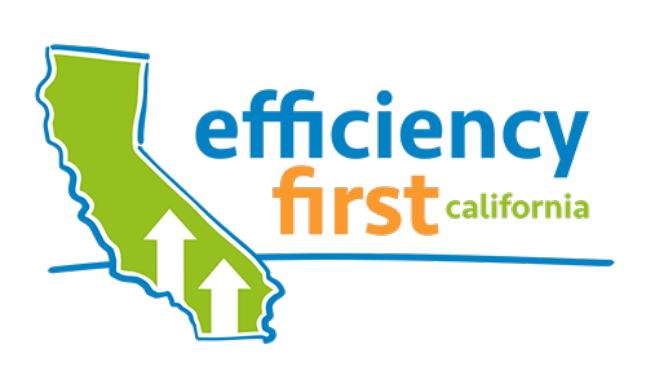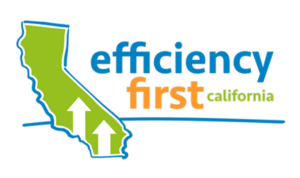CEC IPER
California Energy Commission provides an Integrated Energy Policy Report (IPER) every two years with annual updates.
The 2018 CEC IPER was released and it points to some interesting trends.
- The CEC is shifting away from Zero Net Energy and Energy Efficiency in general. Instead, the focus is on Greenhouse Gas Emissions from buildings. The focus on emissions means that gross savings might not be as important as when the savings occur. This means that measures that save energy during peak electricity demand potentially have more value those that save energy overall.
- The IPER does not set establish goals for GHG emissions in buildings but it includes the potential to discuss establishing GHG as a future possibility. The end goal is to create zero emissions buildings.
There will be a workshop for stakeholders policymakers and CEC staff at the CEC on June 7th, 10 a.m. 1516 9th Street, Sacramento. This workshop will include presentations by the CEC on key topics regarding the doubling of energy efficiency goals outlined in SB 350 and de-carbonization efforts in California. Verbal comments can be submitted in person. Written comments will be due by June 28th.
The big news this month regards the 2019 building code. California’s energy code (Title 24) will require solar P.V. as a code requirement. All new homes under three stories will now be required to install solar panels. This is the first time any state has required P.V. by code. Prior to this month’s announcement, P.V. in new buildings was suggested as a best practice but was not a required. There has been a flood of media coverage on the topic, as this is a significant move towards a clean energy future.
For more details check out this article at Green Tech Media by Julia Pyper.
The 2019 code also takes a big step forward in leveling the playing field for electric appliances in place of gas units and removes many disincentives for electrification.
Energy Legislation- Quick Update:
- AB 3232 (Friedman): Defines long-term policy goals to reduce GHG emissions in buildings by 50% by 2030 and requires that all new buildings to be zero emissions by 2030. In Appropriations Committee, vote by June 1.
- SB 1477 (Stern): Provides essential funding for zero-emissions buildings (ZNE) market transformation. In Appropriations Committee.
- AB 2195 (Chau): Quantify and report the GHG emissions from leakage from natural gas imported from out of state sources (EDF sponsor).
We will continue to support these bills and provide updates on their progress.


